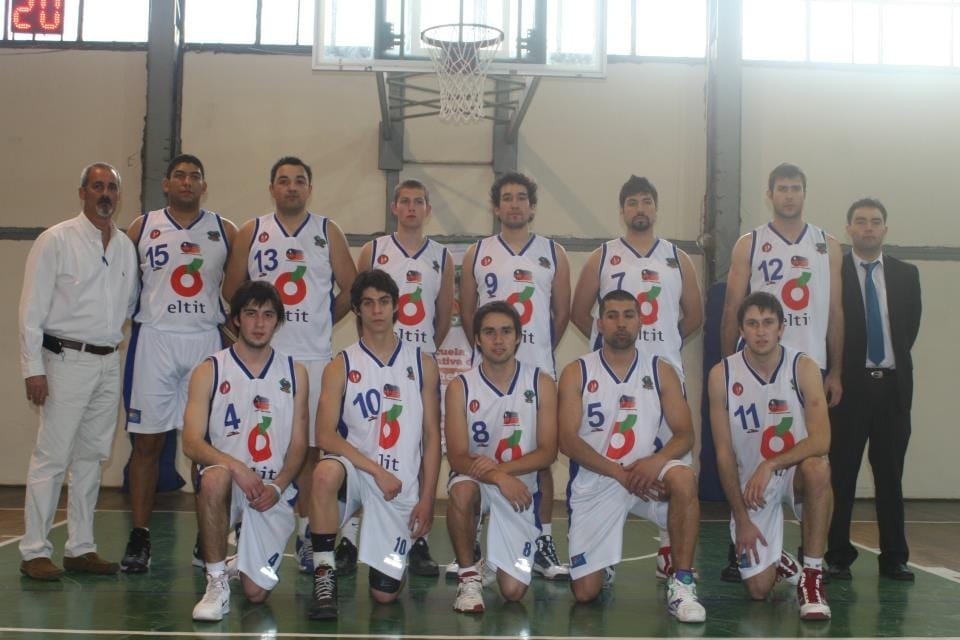- Build Your Community
- Posts
- Trial and error
Trial and error
When I interviewed for investment banking analyst jobs, I was repeatedly told, “You’ll be working 80-100+ hours per week.”
Not every week, but regularly. I was fascinated. How was this even possible? Driven by my fear of boredom, I figured I’d give it a shot.
I had just finished my college thesis on the Argentina Debt Crisis, inspired from my time playing semi-pro basketball in South America (photo below) for an Argentinian coach who was later extradited for murder.

Ian’s semi-pro basketball team in Pucón, Chile
I’d worked hard on that thesis — 10 or 11 rounds of edits with my professor. Then I entered investment banking and learned what iteration really meant.
It would start with a call from a senior banker that we’d been invited to pitch a deal.
From there:
I’d build a 60-100 slide presentation shell.
Share it with my associate. Get feedback. Fix it. Repeat.
We’d get comments from our VP. More edits.
Then the director. More edits.
Finally, our managing director would review and maybe blow it up - sending us back to square one.
One time, I remember doing 87 iterations of a single pitch deck.
You might think I’m telling you this because I’m bitter about spending many weekends in a cubicle while my friends were at music festivals. Partly I am, but mostly I’m writing this because those days taught me that iteration is what makes something good.
Even when it’s painful, iterating on feedback makes the product better. I know this because our firm won a lot of deals that we pitched.
And it’s not just boring business presentations that require iteration to be good. In his bestselling book Born Standing Up, comedic genius Steve Martin explains that his success came from relentless trial and error. Early in his career, he performed live standup every night —because telling jokes on stage offered him instant feedback in the form of laughs or silence. On the other hand, feedback from a movie audition would take weeks— and often be a single, unhelpful word ”NO”.
Iterating on jokes based on audience feedback made Steve great.
“Ian I get it. Iteration makes things good. Why are you sharing this with me now?”
I’m glad you asked. I’ve recently discovered something that’s brought me great joy— AI is accelerating the iteration process. Things that used to take weeks of painful revisions can now be done in seconds (and with Run The Day’s pricing, the software is free to organizers).
For example, building a new race website from scratch can now go from design → source code → deployment → feedback→ revision in the matter of seconds. No expensive web designer. No stressful all-nighters. No need to learn to code. Of course, AI can’t solve everything, but the progress is incredible.
Thank you, AI.
And thank you, races— because if my career still depended on smacking my keyboard with PowerPoint shortcuts, I’d probably be getting fired soon.
— Ian
The History of Race Timing
Races weren’t always timed with RFID technology like they are today.
ICYMI: The Lorde Show
➡️ Tired of complicated software? Learn how Run The Day can make your life easier.
Ian CampbellCEO @ Run The Day Uniting communities. |




